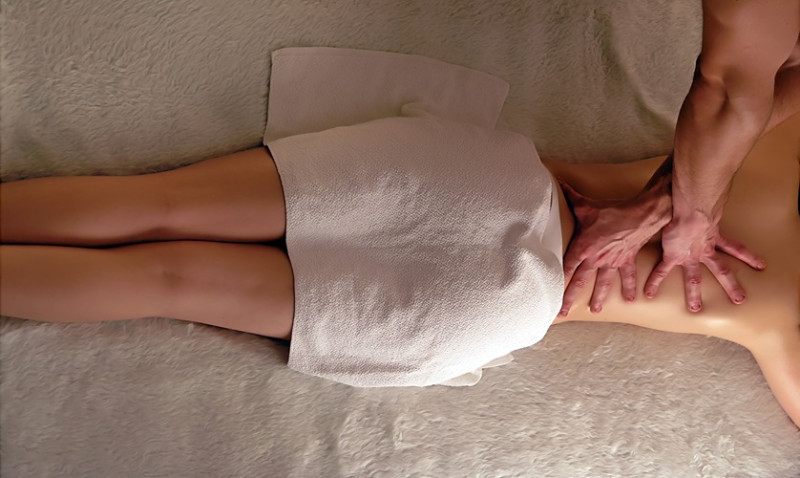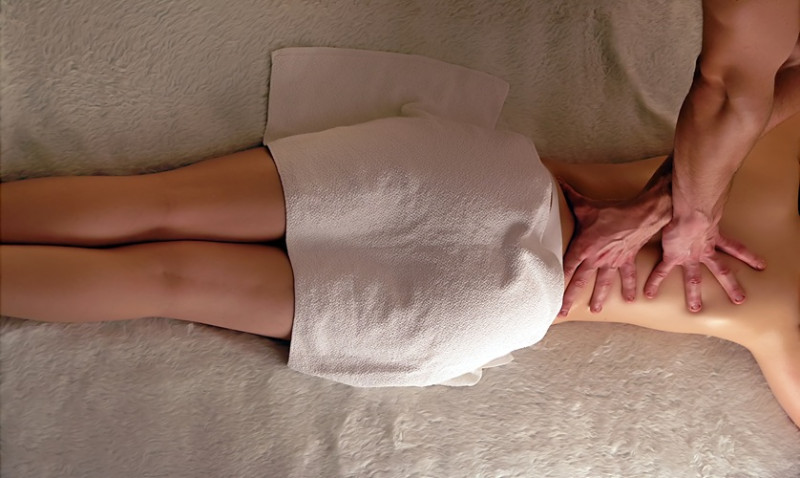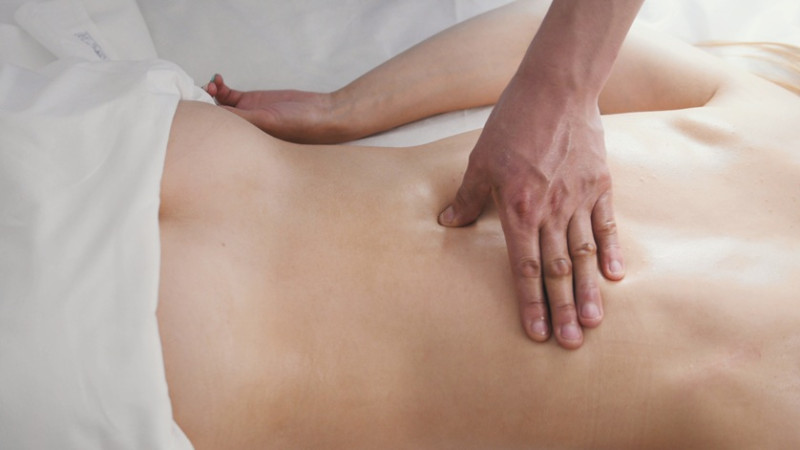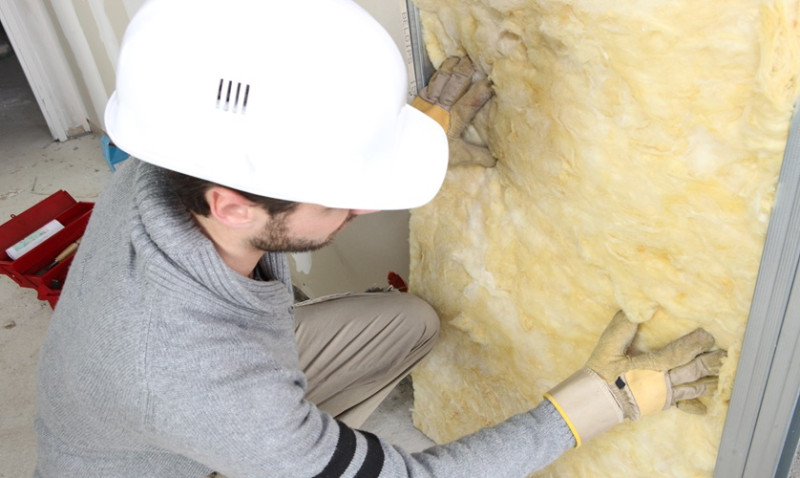
Embarking on a new journey into massage therapy is incredibly exciting. The promise of helping people heal, relieve pain, and foster wellness is immensely rewarding. However, as with any profession, massage therapy school comes with its own set of challenges and revelations. Whether you're a DIY enthusiast pivoting into wellness, a young professional seeking a meaningful career change, or a designer intrigued by the human form, this guide sheds light on the things I wish I knew before diving into massage school.
1. It’s Physically Demanding—More Than You Expect
Massage therapy looks effortless when performed by professionals. Yet, what many don’t realise is how demanding it is on your own body. As a student, I was unprepared for how sore I'd feel after practice sessions. Your hands, wrists, shoulders and back take a significant beating, especially in the early days when your technique is still developing.
Maintaining proper body mechanics is something the instructors will constantly reinforce, and for good reason—it’s the key to a long career. Learning to leverage your whole body instead of relying solely on arm strength can take time to master. This isn't just about muscle power; it’s about stamina, balance, and body awareness.
If you're entering massage school with a background in physical work—like carpentry, interior design installation, or trade jobs—you may have an advantage in body endurance. But regardless of background, prepare to adjust your own self-care routine dramatically. Yoga, stretching, hydration and ergonomics aren’t suggestions—they're part of your daily regimen.
2. It’s Not Just Learning to Rub Backs
The curriculum in massage therapy school is surprisingly comprehensive. I was under the impression I’d be spending most of my time practising techniques. However, a significant chunk of the programme is classroom-based, covering anatomy, physiology, pathology, and ethics.
You’ll get intimately familiar with the muscular system and the names of every bone, tendon, and ligament. There’s also a high focus on understanding how massage affects other systems in the body, like the lymphatic and nervous systems. If you’ve not studied biology since school, this can feel overwhelming.
For creatives and hands-on learners, the early theory might be daunting. But stick with it—it’s this knowledge that makes you a well-rounded therapist, able to tailor treatments based on a client’s specific health conditions or recovery goals.
3. Emotional Intelligence is as Important as Physical Skill
People come to massage therapy not just for aches and pains, but often carrying emotional stress. Some clients open up, others are silent. Being able to read body language, listen with empathy, and create a safe, welcoming space is an underestimated skill in massage therapy.
Massage school doesn’t just train your hands; it trains your intuition. You’ll learn how to have professional boundaries, handle inappropriate behaviour, and respond with compassion when clients are vulnerable. Emotional resilience is crucial—some sessions can affect you deeply depending on what your clients are going through.
For professionals working in fast-paced or high-stress environments—such as architecture or home renovation—this emotional aspect can be both challenging and transformative. You learn to slow down, be present, and connect beyond the transactional nature of most businesses.
4. It’s a Financial and Time Commitment
Massage school isn’t a side hobby you can squeeze in between work shifts. It demands a full-time commitment in many cases, and the financial investment can be considerable when you factor in tuition, textbooks, equipment, licensing and insurance.
For those transitioning careers, it’s a leap requiring financial planning and early budgeting. It’s wise to not just account for the cost of the programme but also for lost earnings if you need to cut back on other work during your training.
That being said, the cost is justifiable when you consider the earning potential as a certified therapist, whether you join a wellness clinic, open your own practice or contract for mobile massage services. Keeping in mind everything from the table to oils to ongoing CPD courses will help paint a more accurate picture upfront.
5. There’s a Lot of Variety in Career Paths
One of the brilliant things about becoming a massage therapist in the UK is how versatile the career can be. I used to think massage was limited to spa work or private clients. In reality, you can specialise in sports massage, clinical settings, workplace wellness, even work with NHS referrals in holistic care support.
If you have an entrepreneurial spirit or a background in architecture, design or construction, you’ll find surprising opportunities to merge those skills. From designing your own treatment spaces to understanding ergonomics and interior layout, these complementary talents will serve you well in building your brand.
You can also choose how mobile you want to be. With a portable table, you can take your services to clients' homes or work remotely while travelling the UK. Or you might partner with a gym, sports team or physical therapy clinic and integrate with their existing wellness offerings.
6. Self-Care Becomes Non-Negotiable
You’ll quickly learn that to care for others, you must first care for yourself. Whether you’re deep into practicals or managing your early career, self-care becomes part of the job. Without it, burnout looms around the corner.
This means regular stretching, investing in supportive shoes, taking proper breaks and prioritising your own physical and mental wellbeing. Nutrition and hydration play a huge role too—especially during long clinic days.
Experienced massage therapists often have their own support network—from physiotherapists to osteopaths—whom they visit regularly. Getting massages yourself is not only relaxing, it's educational. It helps improve your palpation skills and gives you new ideas to integrate into your own treatments.
7. You’ll Need Business Savvy
If you’re planning to freelance or open your own practice after school, you’ll need more than just therapeutic touch—you’ll need business smarts. From pricing your services competitively to handling booking systems, keeping accurate records, and marketing your practice, these skills are just as important as your technique.
Massage schools in the UK sometimes offer basic business modules, but taking the time to learn about branding, customer retention, social media marketing, and website creation will give you a competitive edge. Knowledge of SEO, email campaigns, and client communications can be what separates a sustainable practice from a struggling one.
Professionals from other industries—especially in design or renovation—often find these tasks second nature given their experience in client relations and project management. But don’t underestimate the time it takes to learn and maintain your own wellness business.
8. The Learning Never Stops
Massage therapy is not a static field. New techniques, tools, and theories emerge regularly. Whether you're learning about new styles like Thai-stretch fusion or delving into trauma-informed touch, continuing professional development (CPD) is essential.
In the UK, it’s often a requirement for maintaining professional indemnity insurance and certification. But beyond that, it’s part of staying passionate and current. Workshops, conferences, and online CEUs keep you inspired and informed while allowing you to broaden your treatment offerings.
Beyond technique, learning more about aromatherapy, sustainable product sourcing, or even trauma-sensitive communication encourages you to evolve with the needs of clients and your own interests. If you’re someone who thrives on continual growth, massage therapy provides a fulfilling and evolving career path.
Final Thoughts
Massage school can be life-changing. It challenges your body, mind, and heart in ways you might not expect. But it's also deeply rewarding. If you’re looking to help others, find balance in your own life, and carve out a meaningful and flexible career in an industry increasingly embraced in the UK, massage therapy is a powerful step forward.
So if you're considering this path, remember to enter with open eyes and a willing heart. Prepare to learn deeply—not just about bodies and muscles—but about people, connection, and your own potential to heal and be healed in the process.






